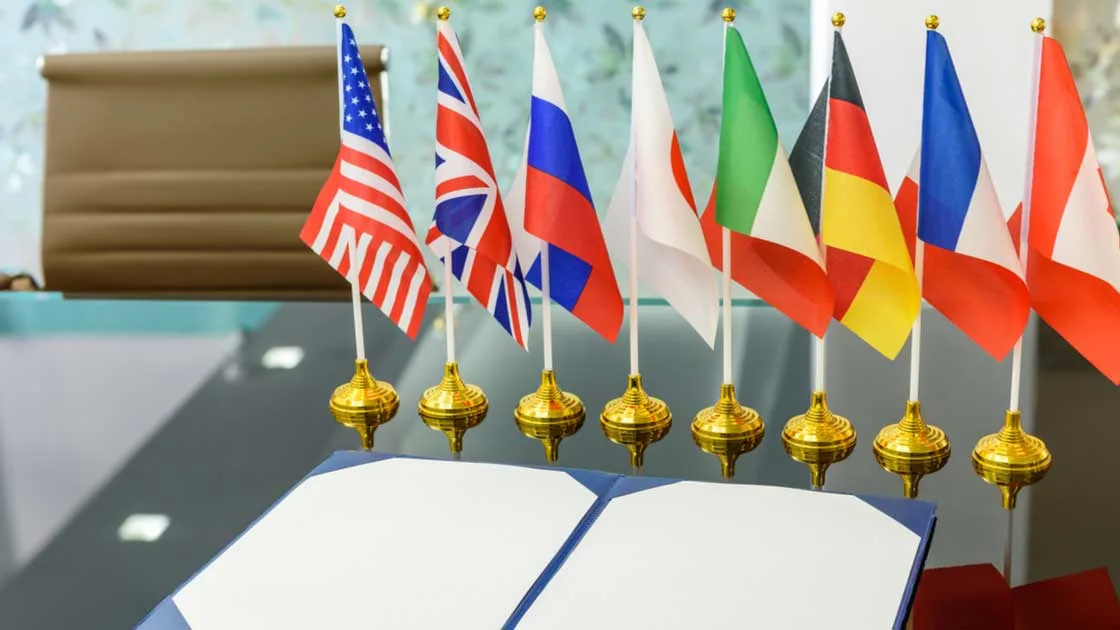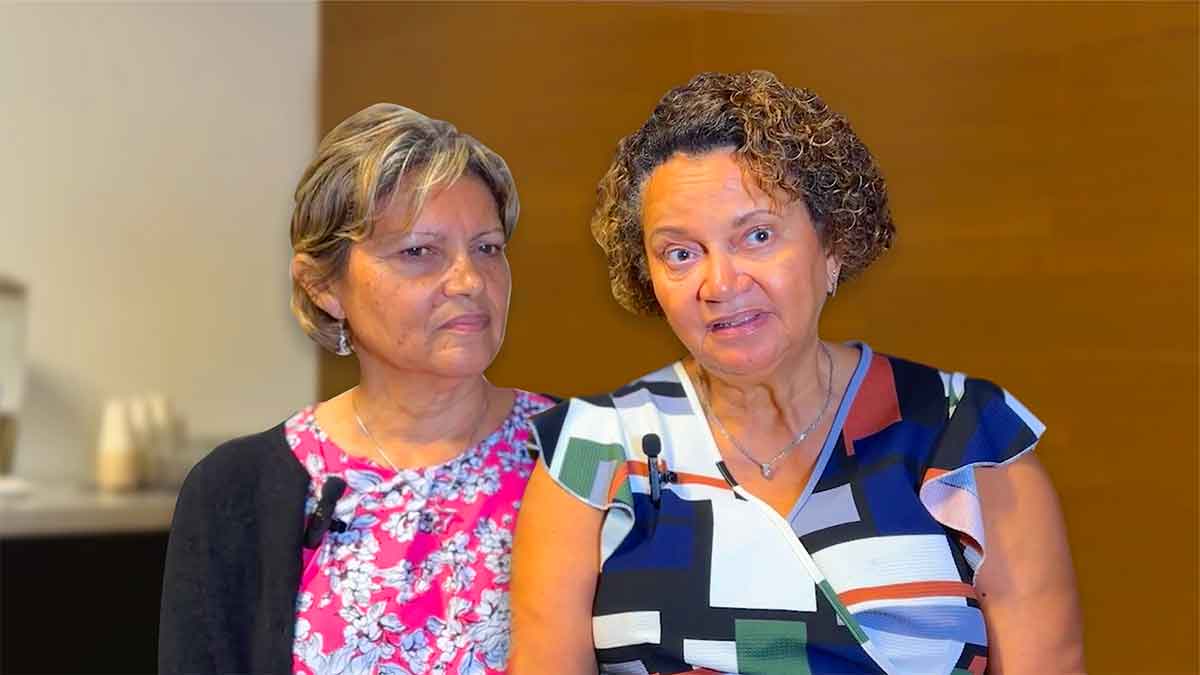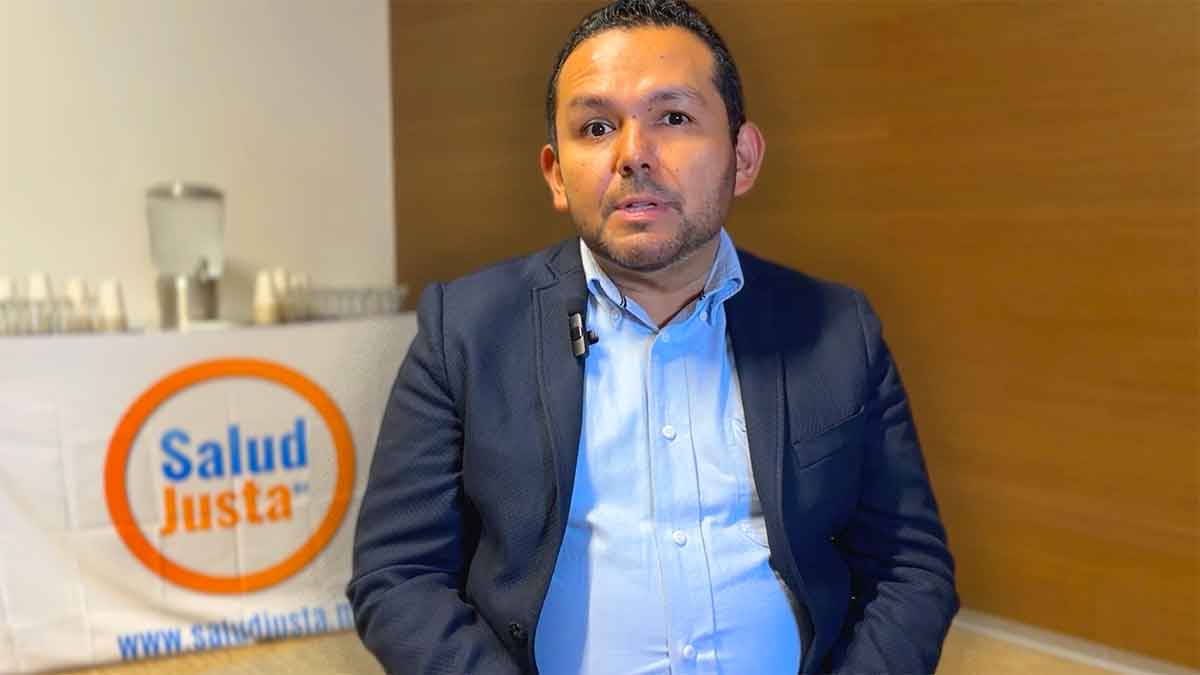- Resources
- News
-
-
Get Email Updates
Sign up for STOP's emails and never miss an update on our latest work and the tobacco industry's activity.
-
Get Funding
Ready to tackle industry interference? You could be eligible for a grant.
-
Share a Tip
Do you have information on tobacco industry misconduct in your country? Let us know.
-
Get Email Updates

Every two years, Parties to the World Health Organization Framework Convention on Tobacco Control (WHO FCTC) gather for the Conference of the Parties (COP) to discuss the advancement of the global health treaty. COVID-19 disrupted plans for an in-person meeting in 2020, so in November 2021, delegates convened virtually for a rescheduled COP9.
The Parties spent five days holding important discussions and making decisions aimed at strengthening tobacco control globally and aiding recovery from COVID-19. Delegates at COP9 moved forward with key decisions to promote the implementation of the FCTC, despite attempted tobacco industry and front-group influence picked up by STOP’s monitoring.
Here are STOP’s key takeaways from COP9, and what’s next for COP10.
1. Parties approved the establishment of a new investment fund that aims to support global tobacco control efforts.
Lauded as one of the most important achievements of COP9, the Parties agreed to launch a new fund that will aim to deliver more sustainable financing for the work of the COP, especially to assist efforts in low- and middle-income countries (LMICs) to support global tobacco control efforts and accelerate FCTC implementation. The establishment of the fund will help to start addressing budget gaps that have been a major impediment to implementing the FCTC and delivering progress towards reducing tobacco use prevalence by 30% by 2025. Implementation of the FCTC has taken on a new urgency since COVID-19 severely stressed many health systems and left some governments scrambling for resources. Contributions will be voluntary so as not to place undue financial burden on LMICs.
2. Parties agreed that tobacco control has an important role to play in global COVID recovery.
The parties adopted the Declaration on WHO FCTC and recovery from the COVID-19 pandemic, brought forward by the delegation from the Islamic Republic of Iran with broad co-sponsor support from delegations around the world, which aims “to prevent tobacco industry interference and involvement in COVID-19-related public health policies and actions.” The Declaration urges Parties to work toward achieving Target 3.a of the United Nations Sustainable Development Goals, which calls for strengthening implementation of the FCTC. The Declaration also emphasizes tax measures that can increase domestic resources needed for COVID recovery and reduce the demand for tobacco, thus alleviating a risk factor that can cause worse COVID outcomes.
As global public health suffered and economies and governments were strained, the tobacco industry remained active in fighting anti-smoking measures like tobacco tax increases that would have decreased smoking rates and protected health, lobbying instead for preferential treatment. The Declaration will help preempt further harms caused by the industry.
3. Some decisions requiring substantive discussions were moved to 2023’s in-person COP10.
The virtual nature of COP9 meant there were no opportunities for in-person discussions and consensus-building to support decisions on complex matters, so certain discussions and decisions were deferred. Some delegates expressed concern that the tobacco industry could benefit from this delay, using the time to gain advantage before discussions resume at COP10. However, important expert reports on these issues were published for COP9, which Parties can reference to help inform and progress domestic tobacco control before COP10.
4. Tobacco industry influence was detected, as predicted.
The tobacco industry has tried to influence and subvert past COPs, so it was no surprise that attempts to influence conversations were detected again at COP9.
This influence took different forms. Delegations from some countries put forth messaging that aligned with tobacco industry interests. Delegates from the Philippines, for example, made declarations that were so overtly pro-industry (such as praising the industry for self-regulating and for developing novel products, which the industry is accused of marketing to young people) that the country’s Department of Health issued a statement to distance itself from its delegates’ comments. Other delegations, including those from the Dominican Republic, Guatemala, Nicaragua and Zimbabwe, commented on the importance of the tobacco industry or acted as though the industry were a stakeholder in the conversations, in contravention of Article 5.3 of the FCTC, which bars the industry from meddling in policymaking.
5. So-called harm reduction groups linked to the tobacco industry or that further industry interests were active on the sidelines.
The pleas from these groups for inclusion in the COP were not recognized, as they are not considered stakeholders. Further, some applications for official observer status to the COP were rejected due to links to the industry.
Tobacco industry allies, often front-groups the industry funds, were active in criticizing the WHO and COP decisions on social media. Other attempted diversions occurred online, where a competing event featured organizations affiliated with or that receive indirect funding from tobacco companies, and in-person, when the International Network of Nicotine Consumer Organisations organized a potentially sparsely attended demonstration outside the U.K. Parliament.
These takeaways from COP9 show the progress Parties made and reaffirm the need to be ever-vigilant to protect against industry interference. Sign up for STOP’s newsletter to stay up to date on tobacco industry activity and news between now and COP10, which will be held in Panama in 2023.


